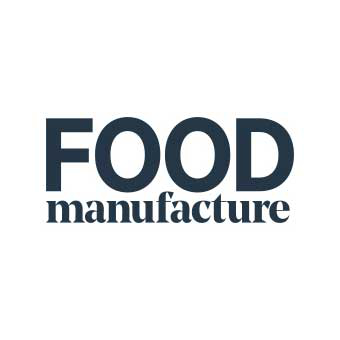Trade body counters calls for import tariff cut
A spokeswoman for the Consumer Choice Center said: “Imposing any tariffs on food will not only put another burden on British consumers and increase the costs of Brexit, but will also send a signal to the rest of the world that post-Brexit Britain will pursue protectionism ahead of consumer interests.
“Free trade is vital for consumer choice as it allows consumers to enjoy a greater variety of products at a lower cost. Interventions in the form of tariffs, non-tariff barriers or quotas hit consumers the hardest and, therefore, should be avoided or decreased at all costs.
‘Consumer will lose’
“Leaving the EU without a deal would cost the UK 2.2% of GDP [gross domestic product] by 2030. However, unilateral liberalisation would help compensate up to 80% of that reduction in real GDP. Therefore, it is key that, after Brexit, the UK either fully abolishes its tariffs on food, or keeps them low. If Brexit comes with tariffs on food, a small group of people – British farmers – will win, while every British consumer will lose.”
More…


